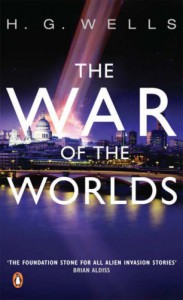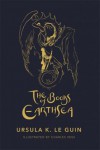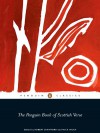100
Followers
65
Following
Arbie's Unoriginally Titled Book Blog
It's a blog! Mainly of book reviews.
Currently reading
Station Zero
Progress:
220/282 pages
The Books of Earthsea: The Complete Illustrated Edition
Progress:
749/997 pages
The Penguin Book of Russian Poetry
The Uncertain Land and Other Poems
Progress:
8/160 pages
The Heptameron (Penguin Classics)
Progress:
152/544 pages
The Poems and Plays of John Masefield
Progress:
78/534 pages
Poems Selected
Progress:
4/50 pages
Selected Poems
Progress:
18/160 pages
The Penguin Book of Scottish Verse
Hainish Novels & Stories, Vol. 2
Progress:
133/789 pages
 This is one of the few genuine classics of science fiction. (Classics are at least 100 years old in my view.) The earliest novel of extra-terrestrial invasion that I am aware of, and surely the most famous ever written, it has a high reputation to live up to.
This is one of the few genuine classics of science fiction. (Classics are at least 100 years old in my view.) The earliest novel of extra-terrestrial invasion that I am aware of, and surely the most famous ever written, it has a high reputation to live up to.1898 and missiles from Mars arrive - friendly overtures by humans are rebuffed with a Heat-Ray and war such as had never been seen before erupts.
The novel starts famously and brilliantly, "No-one would have believed in the last years of the Nineteenth Century...." Indeed the novel appears to be something of a warning against the sin of hubris. Humanity complacently assumes that nothing can threaten its dominance of the home planet; the Martians believe nothing can conquer their technological might.
Wells describes mechanised, industrial warfare before such a thing had been seen - chemical warfare, something akin to a maser (long before the quantum mechanics has developed sufficiently to predict the phenomenon), mechanised flight and armoured personel carriers.
His descriptions of battle are vivid but even more impressive is his description of the consequences - mass panic and flight and associated horrors.
Being a genuine science fiction writer, Wells cannot help but to describe his Martians and the workings of their machines in great detail but these are in fact the weakest passages, being more or less bolted on rather than arising naturally from the narrative.
Certainly this book is worthy of its reputation and it deserves to be read by all who know the rough outline of the story from film, radio or record.










